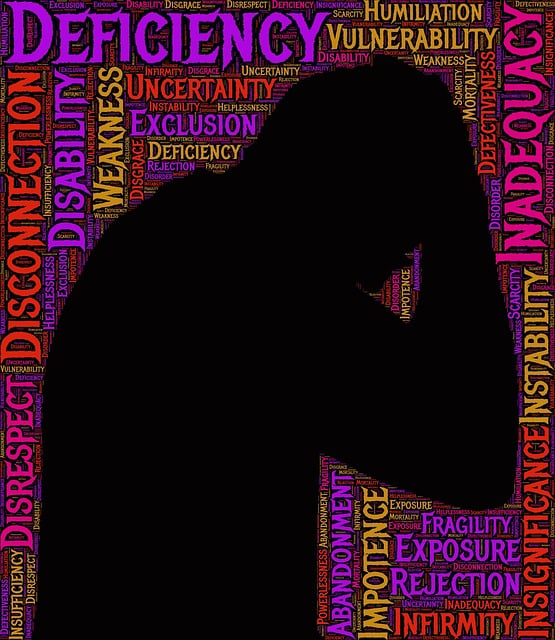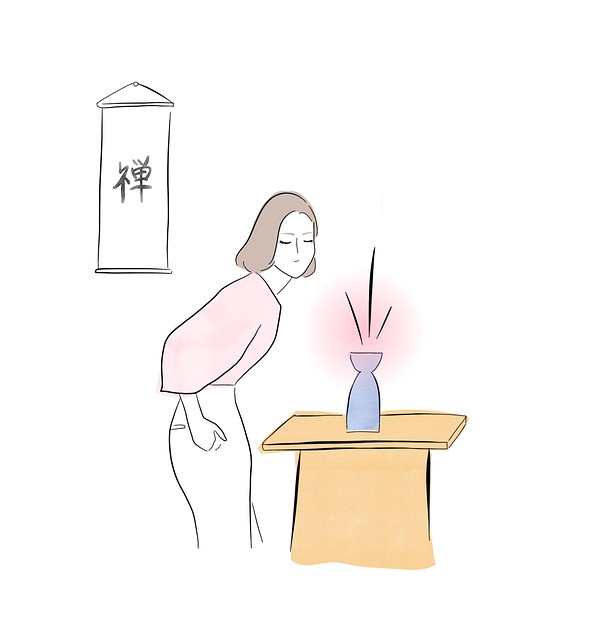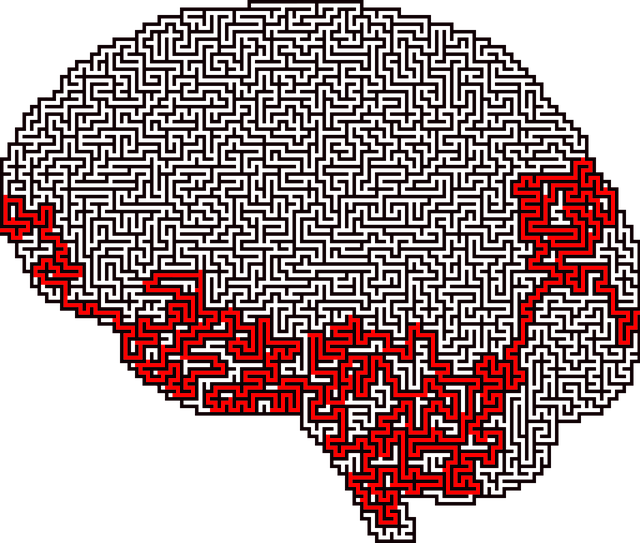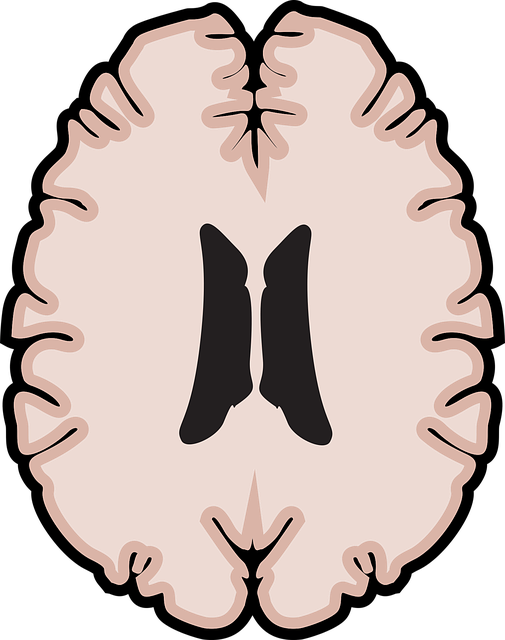Englewood Independent Medical Evaluations (IME) Therapy offers a holistic approach to mood regulation and emotional well-being, addressing psychological, physiological, and environmental factors. Through evidence-based practices like CBT, mindfulness meditation, and lifestyle adjustments, IME therapy empowers individuals to manage stress, improve self-esteem, and enhance overall mental health. This personalized approach aligns with Mental Health Policy goals, promoting emotional balance in a fast-paced world.
Mood regulation strategies are essential tools for maintaining emotional balance. This comprehensive guide explores various approaches, from understanding the fundamentals of mood regulation to leveraging specialized therapies like Cognitive Behavioral Therapy (CBT) and mindfulness practices. We delve into the role of Englewood Independent Medical Evaluations as a gateway to personalized therapy, offering insights into lifestyle adjustments that can significantly enhance mood stability.
- Understanding Mood Regulation: Unraveling Emotional Balance
- Englewood Independent Medical Evaluations: A Gateway to Personalized Therapy
- Cognitive Behavioral Therapy (CBT): Shaping Positive Thought Patterns
- Mindfulness and Meditation: Cultivating Present-Moment Awareness
- Lifestyle Adjustments for Enhanced Mood Stability
Understanding Mood Regulation: Unraveling Emotional Balance

Understanding Mood Regulation is a pivotal step in achieving emotional balance and overall well-being. It involves recognizing and managing one’s feelings, thoughts, and behaviors to maintain a stable and positive mindset. This process is particularly crucial for individuals dealing with stress, anxiety, or depression, which can significantly impact their daily lives. Engaging in effective mood regulation strategies empowers people to navigate challenging emotions, fostering resilience and enhancing their ability to cope with life’s ups and downs.
Englewood Independent Medical Evaluations (IME) Therapy offers valuable tools for unraveling emotional balance. Through expert guidance, individuals can learn to identify triggers affecting their mental health, whether it’s work-related burnout prevention or personal crisis intervention. Therapies focus on promoting self-esteem improvement, providing individuals with the skills to manage stress and regulate emotions effectively. By employing evidence-based practices, IME Therapy enables clients to develop healthy coping mechanisms, leading to improved emotional regulation and overall quality of life.
Englewood Independent Medical Evaluations: A Gateway to Personalized Therapy

Englewood Independent Medical Evaluations (IMEs) serve as a pivotal gateway to personalized therapy for individuals seeking effective mood regulation strategies. These comprehensive assessments go beyond surface-level symptoms, delving into the intricate web of psychological, physiological, and environmental factors influencing one’s emotional state. By meticulously analyzing these aspects, IMEs provide therapists with invaluable insights, enabling them to tailor therapeutic approaches that address the root causes of distress.
Through IMEs, individuals receive crisis intervention guidance, gaining tools for immediate mood management. Moreover, this process introduces practices like mindfulness meditation, which has been proven to enhance emotional resilience and overall well-being. By combining these assessments with specialized therapy, Englewood IMEs foster a holistic approach to mental health care, ensuring that each client receives a personalized roadmap to achieving and maintaining emotional balance.
Cognitive Behavioral Therapy (CBT): Shaping Positive Thought Patterns

Cognitive Behavioral Therapy (CBT) is a highly effective approach to mood regulation, focusing on identifying and reshaping negative or distorted thought patterns. This therapy type has gained significant recognition in mental health circles, including those specializing in Englewood Independent Medical Evaluations. CBT helps individuals recognize unhelpful cognitive processes that contribute to emotional distress. By challenging and changing these thought patterns, it empowers people to develop healthier perspectives and more adaptive behaviors.
The process involves collaboration between therapist and client, encouraging self-awareness and active participation. Through structured sessions, patients learn to identify triggers for negative thoughts and emotions. Empathy Building Strategies play a crucial role in CBT, fostering an understanding environment where individuals can explore their feelings without judgment. This therapeutic approach not only aids in managing conditions like anxiety but also offers valuable tools for long-term mental well-being, aligning with the broader goals of Mental Health Policy Analysis and Advocacy.
Mindfulness and Meditation: Cultivating Present-Moment Awareness

Mindfulness and meditation are powerful tools for regulating mood and cultivating present-moment awareness. In today’s fast-paced world, where burnout prevention has become a pressing issue, these practices offer a way to step back from the constant stream of thoughts and feelings. By focusing on the here and now, individuals can reduce stress, anxiety, and depression, as well as enhance overall mental health awareness.
Englewood Independent Medical Evaluations therapy encourages the development of mindfulness through various techniques, including deep breathing exercises and guided meditations. Regular practice not only helps in managing intense emotions but also fosters a deeper understanding of oneself. This self-awareness is crucial for navigating life’s challenges and maintaining emotional balance, making it an essential aspect of holistic mental health care, especially in light of growing public awareness campaigns on Mental Health Awareness.
Lifestyle Adjustments for Enhanced Mood Stability

In pursuit of enhanced mood stability, lifestyle adjustments play a pivotal role. Engaging in regular physical activity, maintaining a balanced diet rich in nutrients, and prioritizing quality sleep are foundational practices backed by Englewood Independent Medical Evaluations (IME) therapy. These self-care practices not only promote overall well-being but also serve as effective tools for managing emotional states. Incorporating stress reduction techniques like mindfulness meditation or yoga can further bolster mental health resilience.
Beyond individual efforts, Mental Health Policy Analysis and Advocacy plays a crucial role in fostering environments that support mood regulation. Implementing evidence-based interventions and integrating them into comprehensive Risk Management Planning for Mental Health Professionals ensures a structured approach to addressing mood disorders. By adopting these strategies holistically, individuals can navigate life’s challenges more effectively while professionals contribute to shaping effective mental health policies on a broader scale.
In navigating the intricate landscape of mood regulation, a holistic approach combining various strategies proves most effective. From understanding emotional balance to CBT for positive thought patterns, mindfulness for present-moment awareness, and lifestyle adjustments for stability, individuals can find personalized solutions. Englewood Independent Medical Evaluations serve as a valuable gateway to tailored therapy, empowering folks to embrace a brighter, more balanced future.














